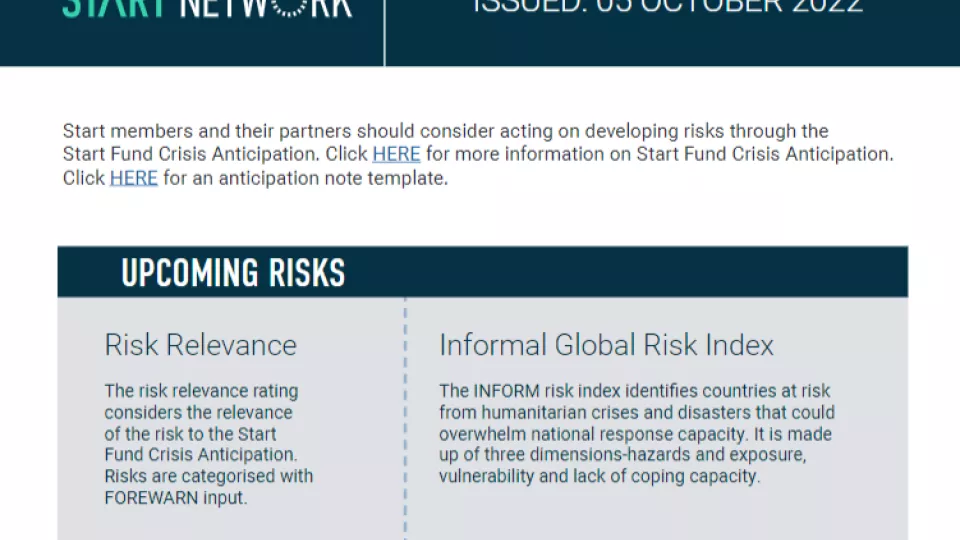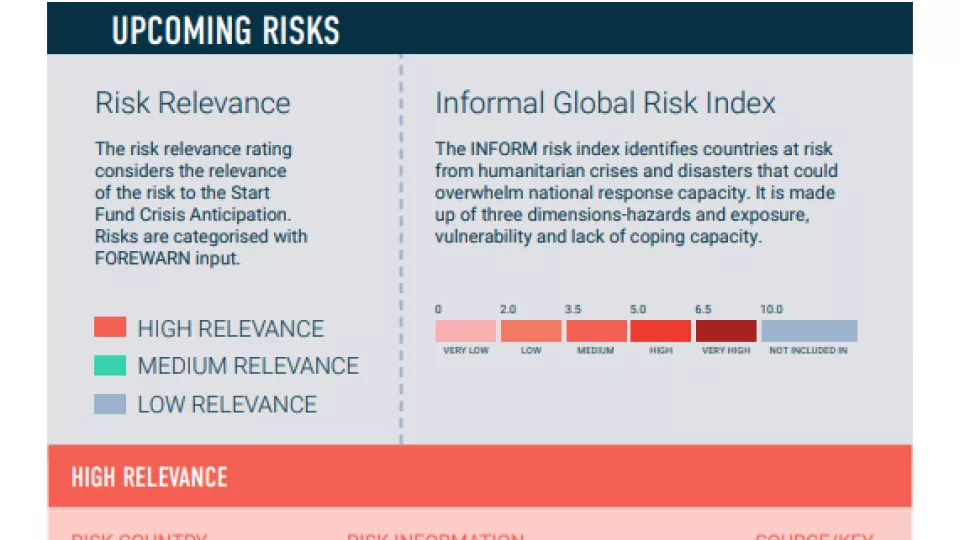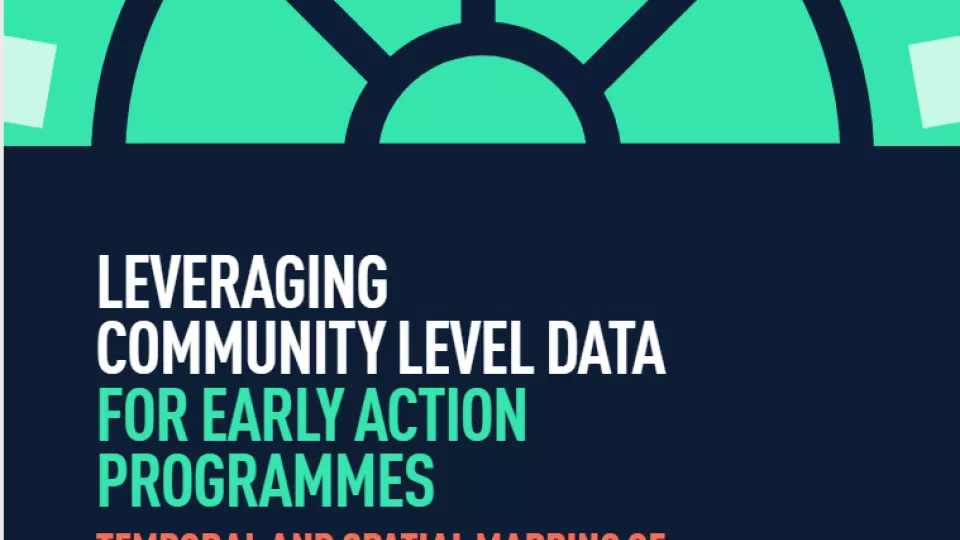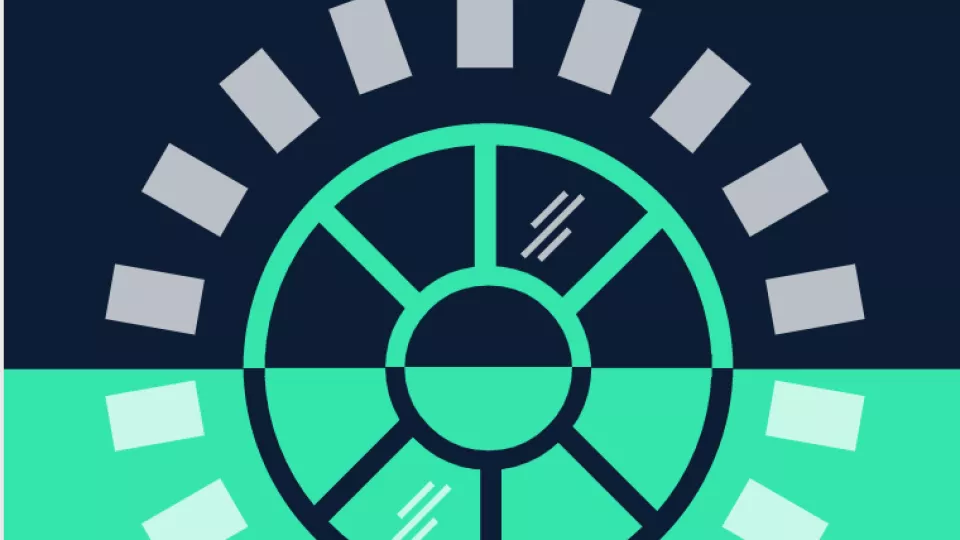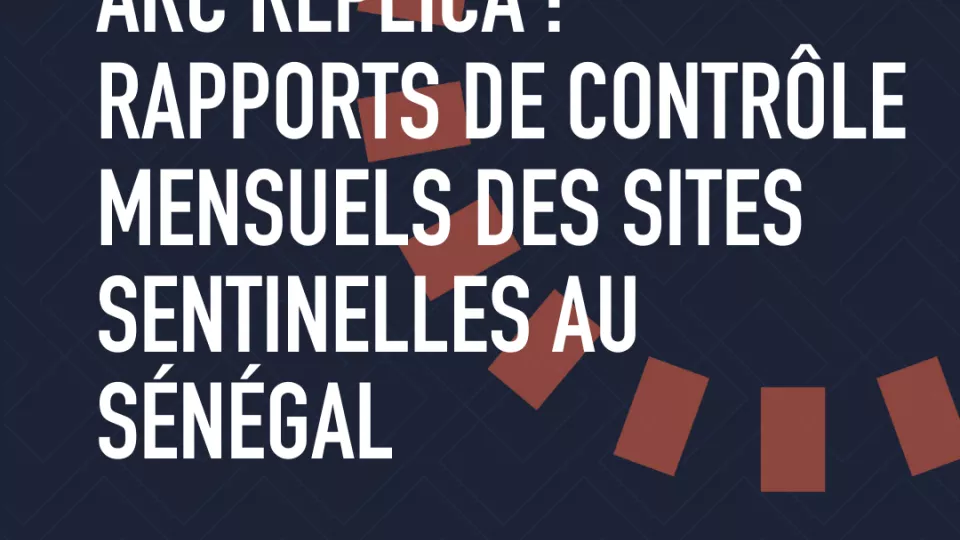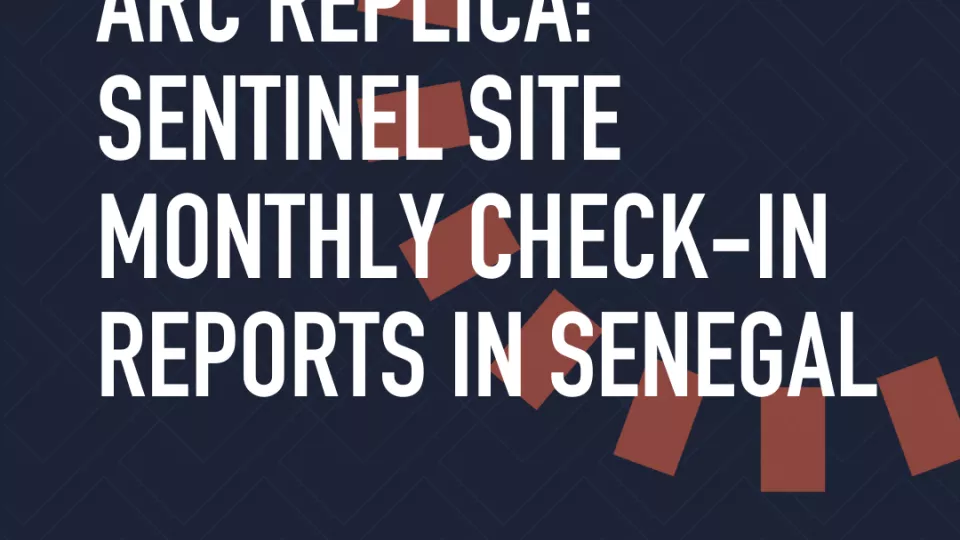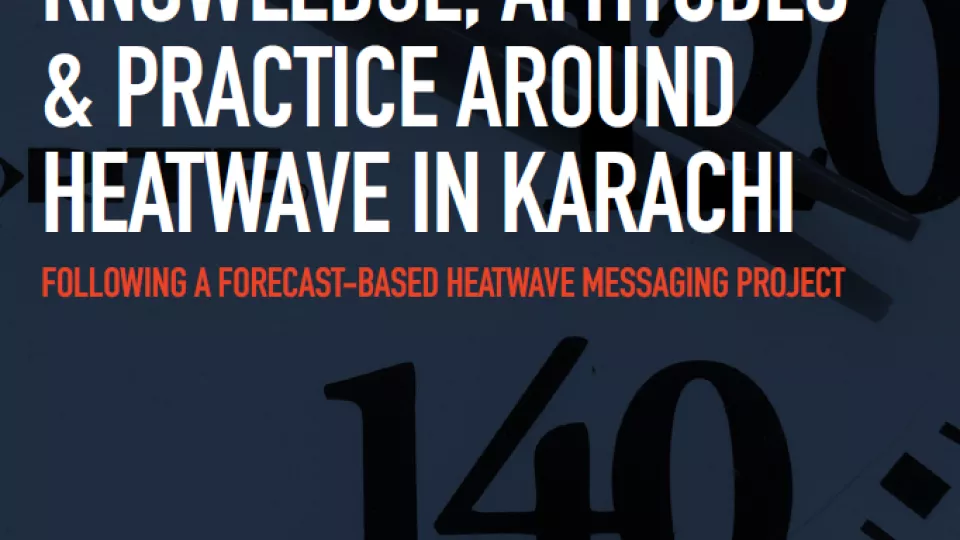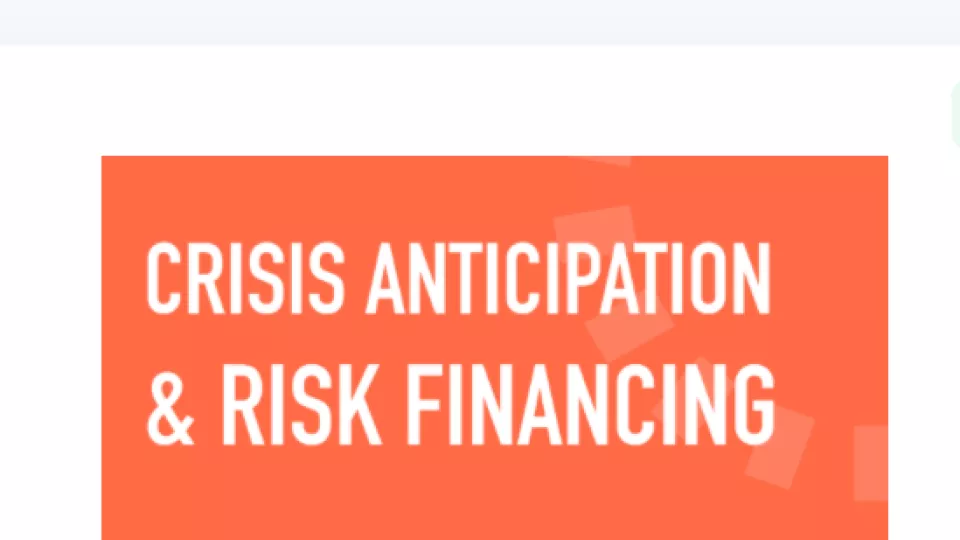Start Network implements a range of early action programmes to enable communities to act ahead of potential hazards. One of the challenges involved in delivering impactful early action interventions is ensuring that assistance reaches community members at the right time, i.e., before some community members are forced to resort to negative coping mechanisms such as taking children out of school, cutting down on meals or incurring debts for food provision.
Intervention timing can differ within the same country and from one region or community to another. Qualitative data collected from community members provides crucial insights that help us determine the right windows of opportunity for interventions. However, this longitudinal qualitative data requires time to analyse and infer lessons, which can make it difficult for decision makers who have little time to read detailed qualitative accounts.
Start Network, through our ARC Replica programme, collected qualitative data about the lived experiences of community members in various parts of Senegal over a six month period. This article explains the visualisations curated via Data Spoiler, and outlines the key findings from the monthly check-ins across 22 sentinel sites. It is intended for data practitioners and decision makers to enable them to:
1) Understand how community voices can inform early action programme design and
2) Explore new ways of using qualitative data to inform decision making around early action
